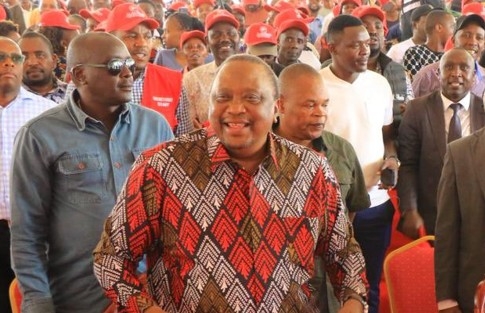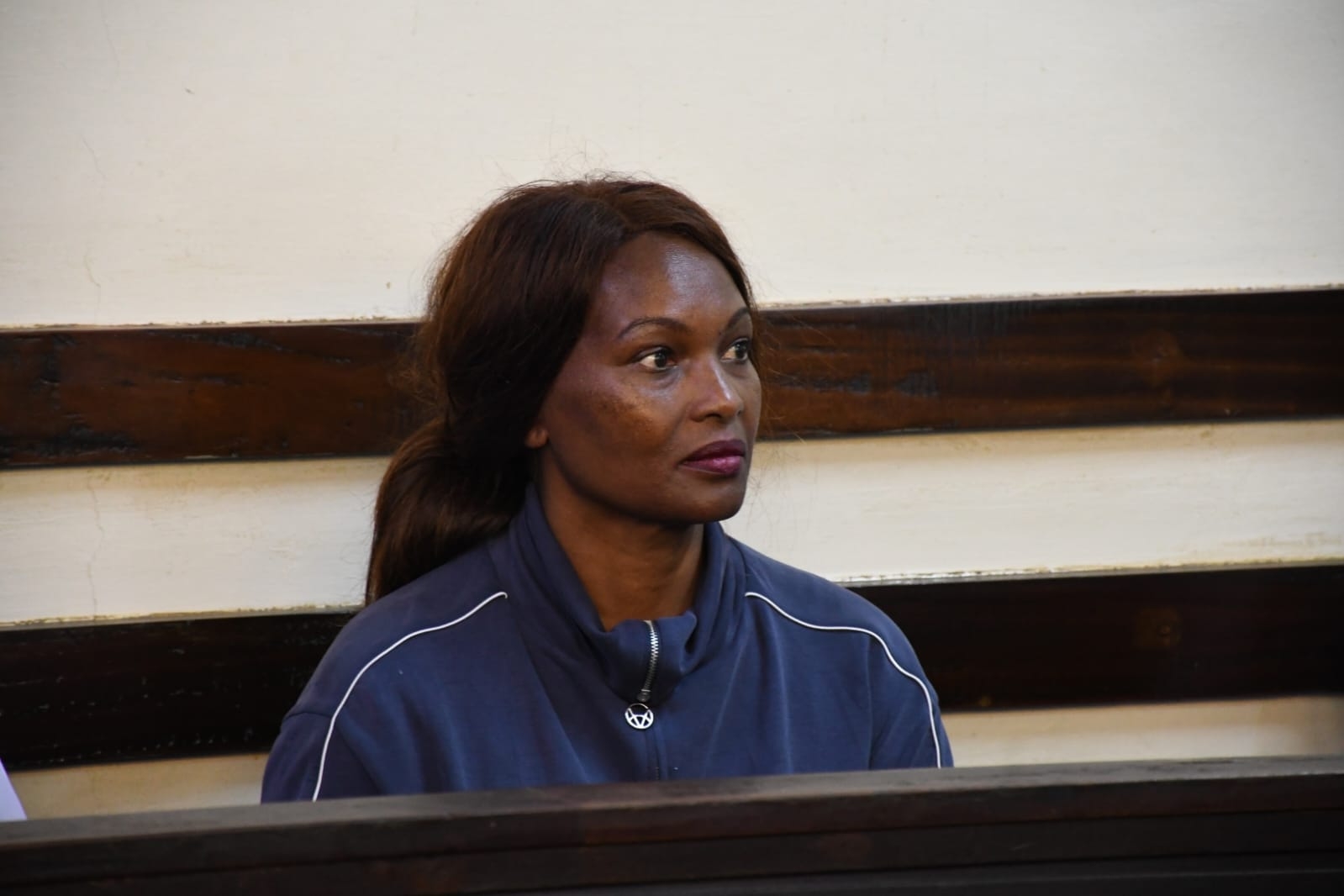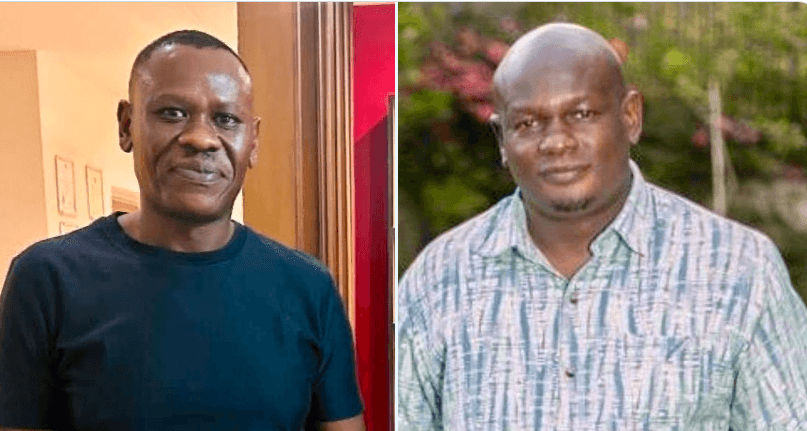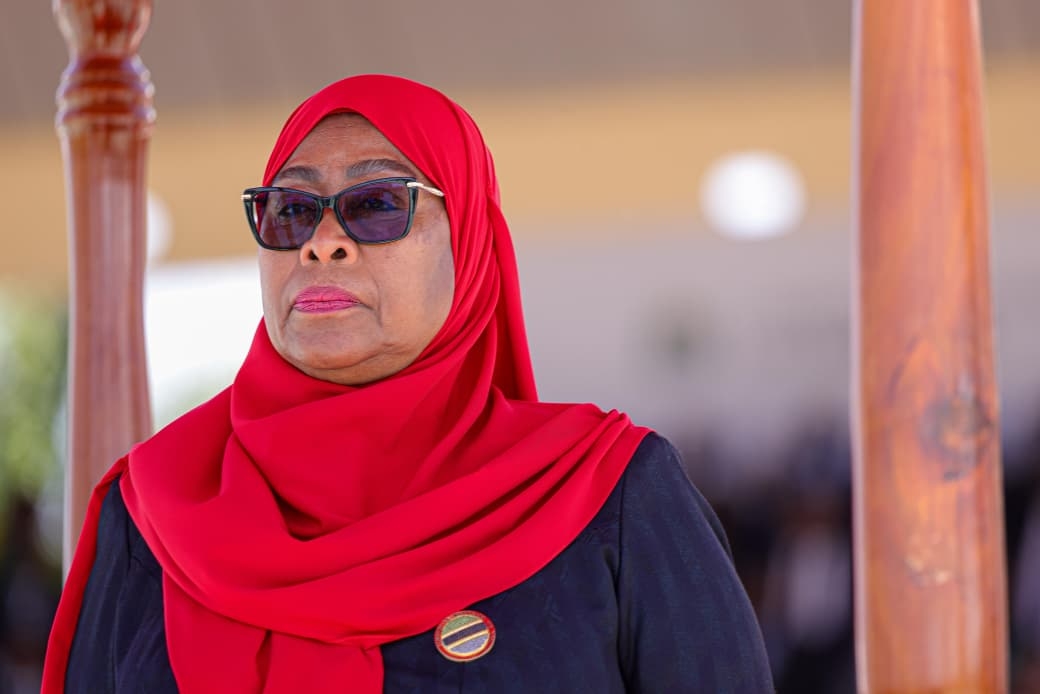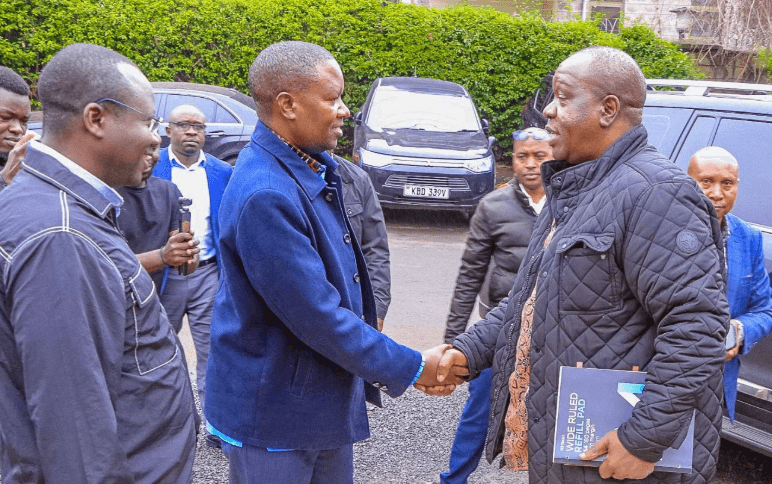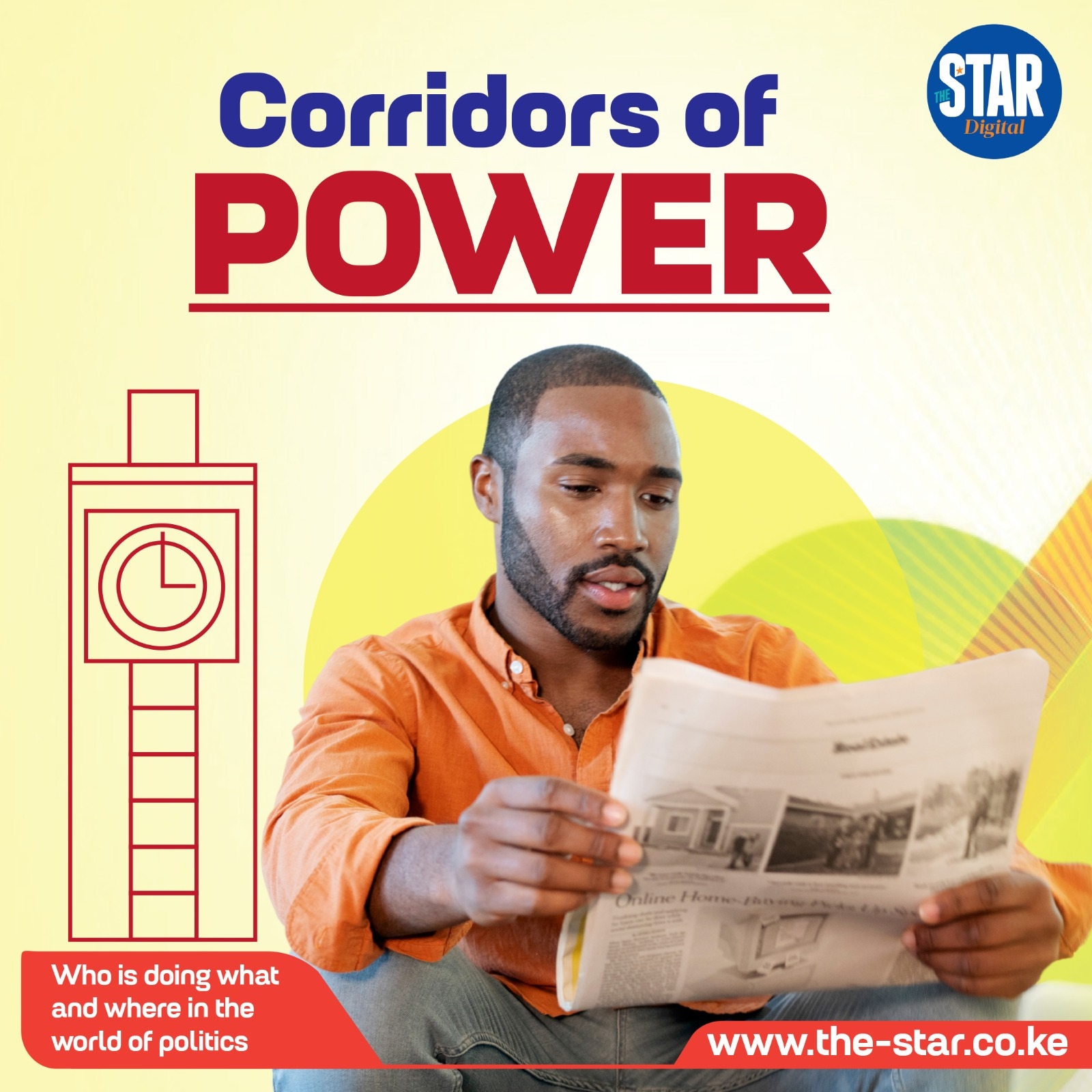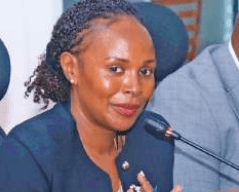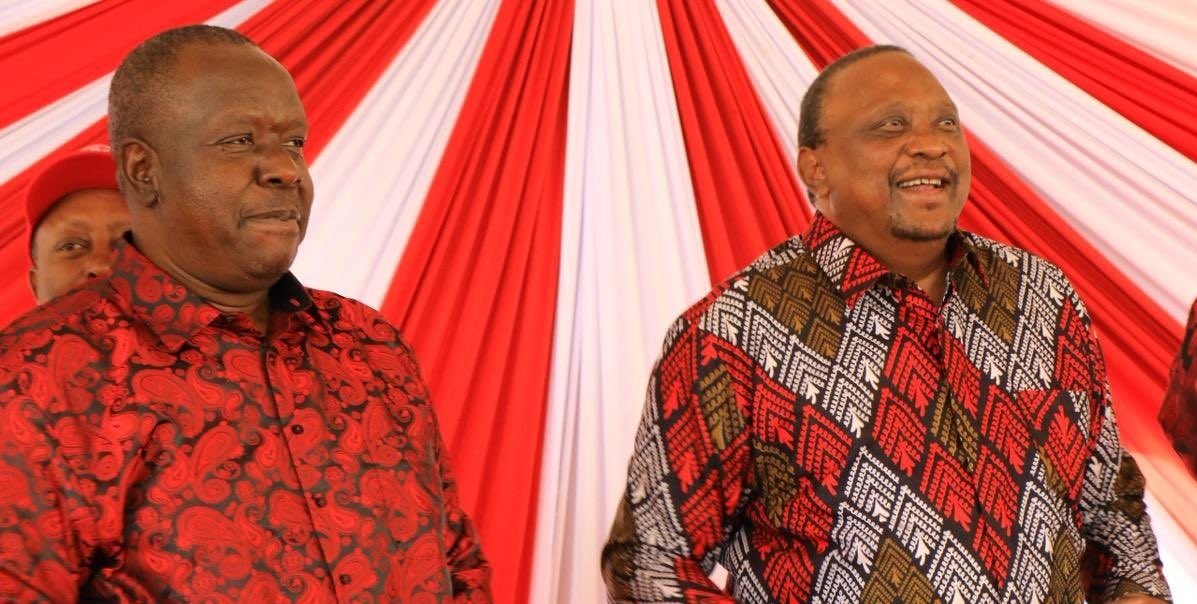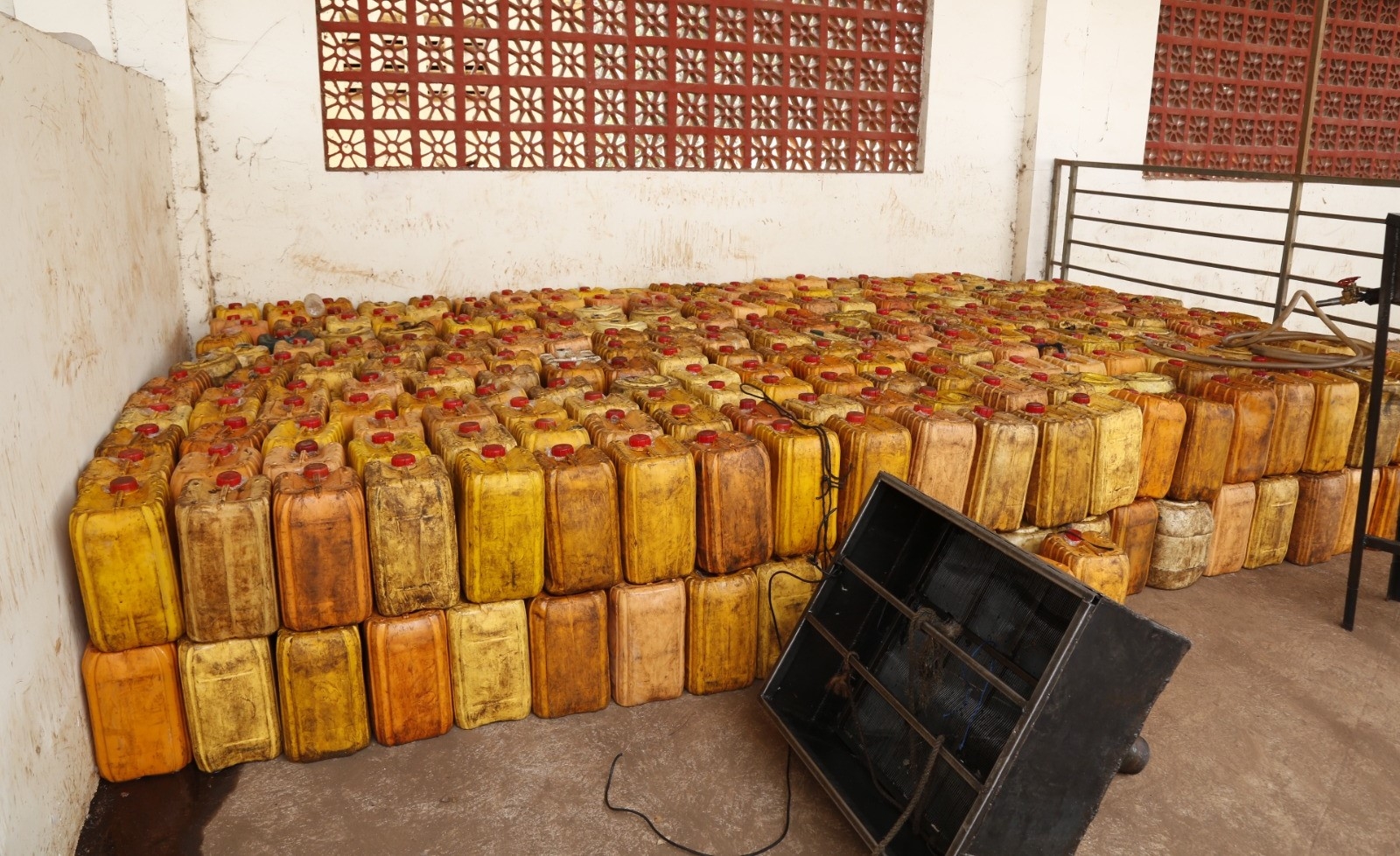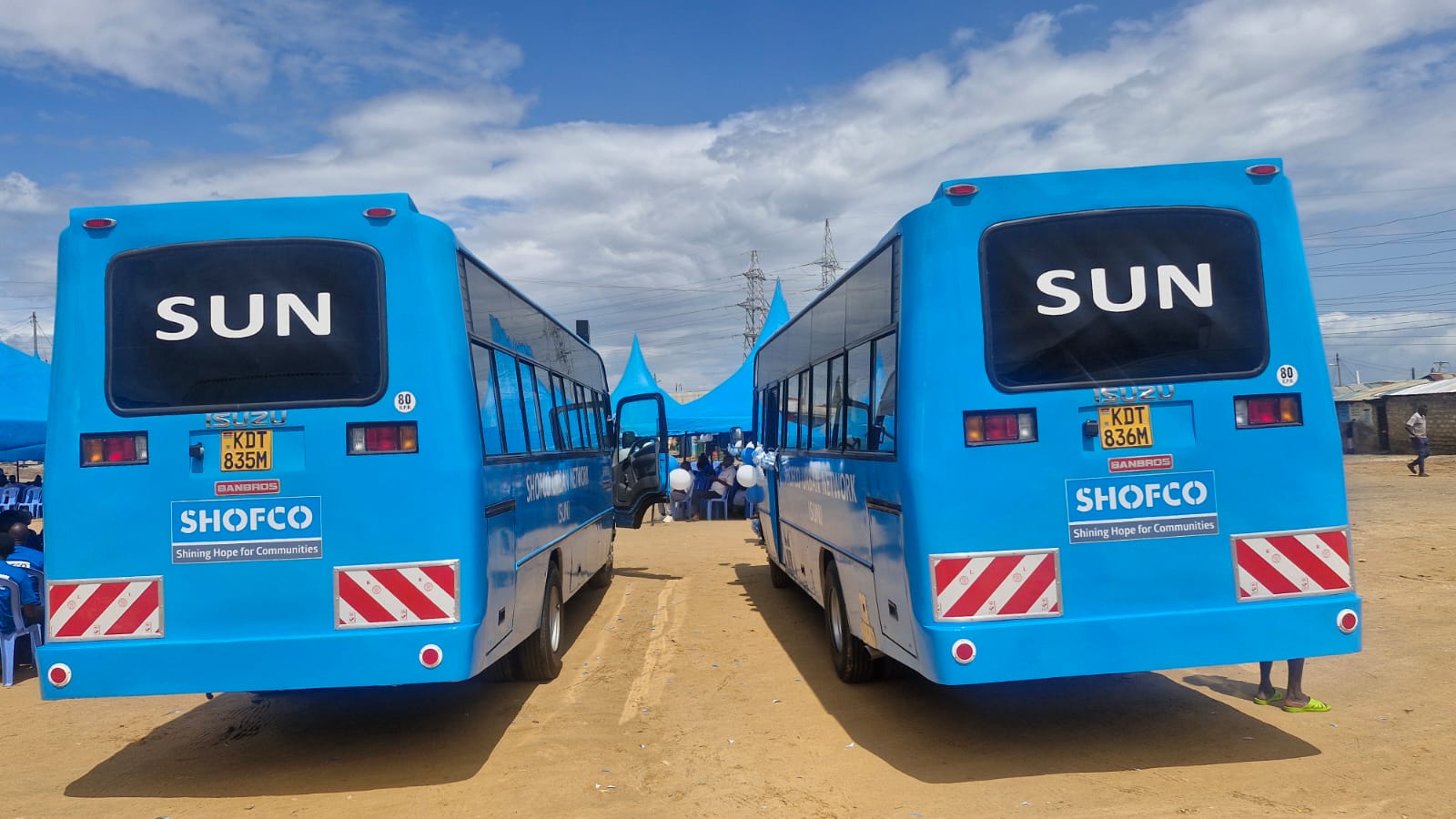
In a move aimed at strengthening community welfare and
fighting gender-based violence (GBV), the Shining Hope for Communities (SHOFCO)
on Wednesday donated two fully equipped buses to community members in Mombasa
County.
The buses are intended to serve as mobile units for community outreach,
transport for empowerment programs, and for generating income.
The buses were handed over in a ceremony presided over by SHOFCO Founder and
CEO Dr. Kennedy Odede and Mombasa Governor Abdullswamad Sheriff Nassir in
Bangladesh, Jomvu Sub County,
Speaking at the event, SHOFCO’s founder, Kennedy Odede, passionately emphasized the role of mobility and access in community development.
“These buses are not just machines with wheels, they represent
movement—movement toward opportunity, movement toward healing, and movement
away from violence and poverty. In every slum or underserved neighborhood I’ve
been to, people ask for the same things: dignity, access, and opportunity.
These buses are a response to that cry,” Dr. Odede said.
The SHOFCO boss also highlighted his organisation’s deep commitment to empowering
grassroots communities.
“For over a decade, SHOFCO has worked in the heart of informal
settlements; places that are often invisible on development maps.
“We’ve built clinics, schools, water systems, and safe spaces. We are
committed to changing the lives of our people across Kenya,” he said.
SHOFCO currently has 180,000 SUN members in Mombasa.
Mombasa Governor Abdulswamad Nassir lauded SHOFCO
for what he termed “transformational partnership.”
“This is not the first time SHOFCO has walked with us, but today is special. The donation of these two buses is not only timely—it is visionary.
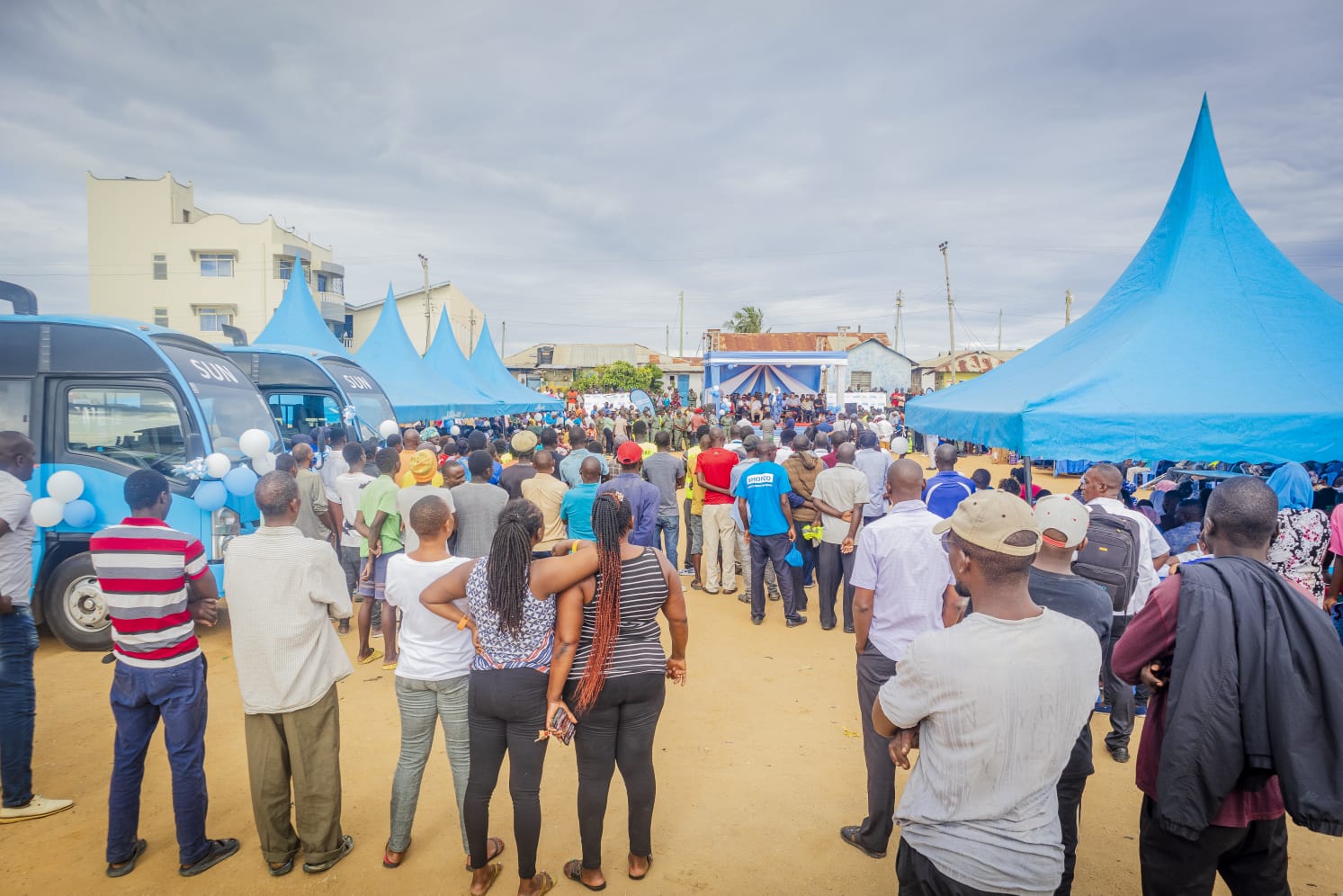
“They will transport our young people to training and opportunity. They
will carry our mothers to health and financial empowerment programs. Most
importantly, they will respond to the cries of our sisters and daughters facing
GBV,” he said.
The governor also pledged increased county collaboration to scale survivor
services.
“Let me be clear: gender-based violence has no place in Mombasa. We are
not just condemning it in words—we are building systems to fight it.
“With SHOFCO as a partner, we will strengthen our safe houses, legal aid
programs, and mobile outreach teams. These buses will now be part of that
infrastructure,” he added.
The two 36-seater buses are designed to support multiple community
functions.
Amina Juma, a young mother from Changamwe who survived a
GBV incident last year, shared how the initiative could have helped her much
earlier:
“When I needed help, I had to walk for hours. I didn’t have fare, and I
was afraid. If a bus like this had been available, maybe I would have reported
it sooner. Maybe I wouldn’t have blamed myself for so long,” she said.
Joseph Otieno, a 20-year-old youth from Likoni currently
enrolled in a computer skills program supported by SHOFCO, expressed gratitude.
“I live in a part of Likoni where matatus don’t reach easily. Getting to
training meant skipping meals sometimes to save fare. But now, this bus will
pick us up. That means more learning, more consistency, and more hope,” he
said.
SHOFCO’s bus donation coincides with its national campaign to combat GBV
across 15 counties. In Mombasa, this effort includes school and community
workshops, safe space creation, and community dialogues led by women and youth
leaders.
Dr. Odede called for a deeper national conversation on GBV.
“Too often, we talk about GBV in whispered tones or after the damage is
done. We must flip the script. Prevention must be proactive, not reactive.
“That’s why we train youth ambassadors, support survivors, and engage
men and boys in dialogue. We must challenge harmful norms wherever they
exist—whether in a home, a street, or a boardroom,” he stated.
He continued: “Every woman deserves safety. Every child deserves a
future free of fear. We will not rest until that is true for every neighborhood
in Kenya.”


